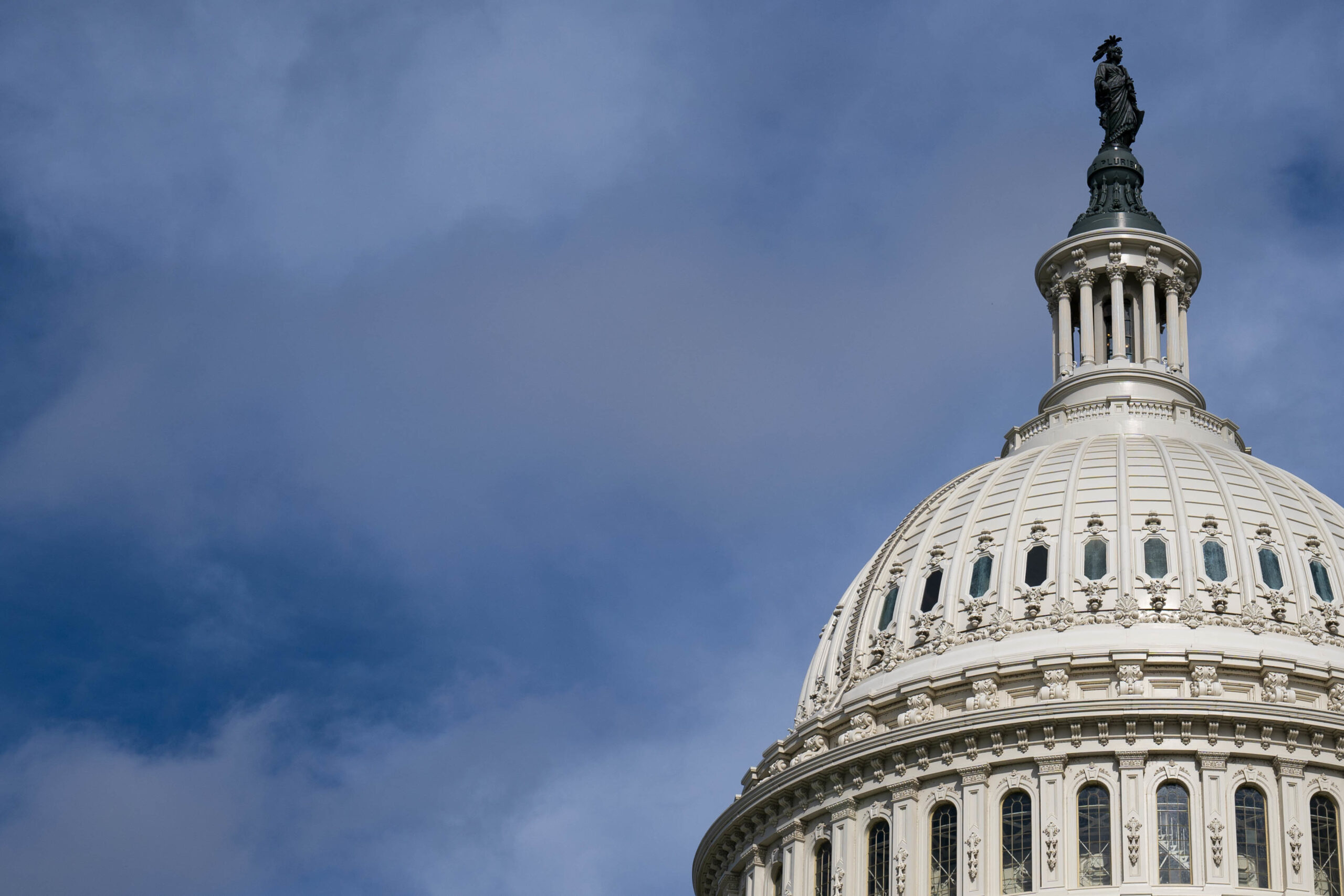By E.J. Dionne Jr.
The playbook is quite consistent: Harvest votes from less affluent social conservatives and pursue policies that benefit well-off economic conservatives.
This weekend is surprisingly instructive about how these two brands of politics overlap and reinforce each other. The divisions we see in the country now go back to Memorial Day’s origins in the aftermath of the Civil War.
As it happens, 1868 was also the year the 14th Amendment won ratification. It has received a lot of attention lately because of its section declaring that the validity of the U.S. debt “shall not be questioned.” But its core purpose was to guarantee equal rights for all Americans and citizenship for formerly enslaved individuals. Historian Eric Foner rightly called the Civil War amendments the nation’s “Second Founding.”
The “drastic expansion of U.S. debt,” Thomson added, “reflected democratic buy-in from millions of Americans in the Union cause, and ultimately a shift in war aims to emancipation of the enslaved.”
The arguments around the budget and the debt ceiling in 2023 reflect a similar interaction of fiscal issues and questions of social and political equality (with the two parties largely switching sides).
“It is not a coincidence that the reaction to the civil rights movement featured new attacks on the role of government,” said my Brookings Institution colleague Vanessa Williamson, author of “Read My Lips: Why Americans Are Proud to Pay Taxes.” “The counterpoint to the ‘welfare queen,’ a term made popular by Ronald Reagan, was always the poor, hard-working taxpayer — and we can all hear that dog whistle. You see exactly the same kind of anti-tax rhetoric from the white supremacists who violently overthrew Reconstruction.”
“The base is being told not to vote based on those policies,” she said in an interview, and to “pay attention only to this culture war, grievance politics stuff that they’re being thrown every day.” Under these circumstances, it’s easier to advance a general attack on government spending, thereby evading debate on the merits of particular government benefits and investments.
The good news about the debt ceiling deal is that the country will not default on its debt (avoiding a fight of this sort for the remainder of Biden’s presidency) and will escape the extreme cuts right-wing Republicans originally hoped for. This is balanced by the reality that divided control of Congress will foil social advances through 2024. As we join in honoring our country’s fallen heroes, we should ponder how far we are — as we were on the first Memorial Day — from the solidarity to which this worthy holiday calls us.

